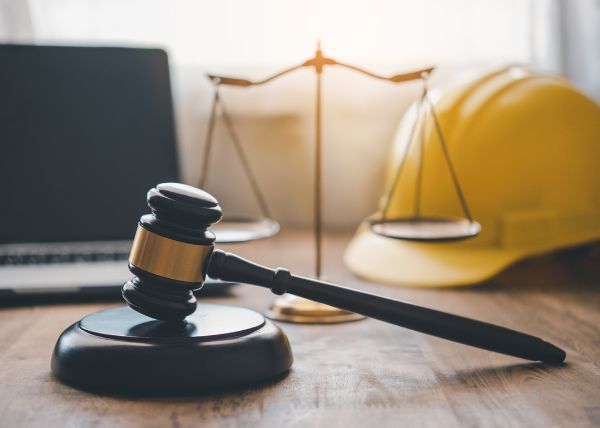Day after day, New York’s construction workers put their lives on the line. Many of these workers operate at dizzying heights to build the city’s iconic skyline. New York’s Labor Law 240, also called the “Scaffold Law,” was enacted to protect these workers, who are at an increased risk of injury or death due to falls. The law protects workers who fall from height, as well as workers who may be struck by falling objects.
Why Does the Scaffold Law Matter?
The statute was enacted in recognition that workers who have to face the risks of falls and falling objects due to elevation-related differentials are thereby exposed to a greater likelihood of serious injuries and death. When workers trip and fall on level ground, they may be injured, but when workers fall from a ladder, scaffold, or other elevation, the risk of serious injury or death is substantially increased.
Labor Law 240 allows property owners and contractors to be held strictly liable for accidents involving ladders, scaffolding, and other job site elevations. That means injured workers are able to pursue civil claims against negligent contractors or property owners to cover pain and suffering, emotional distress, lost earnings, medical expenses, and other damages. If owners and contractors fail to take adequate safety precautions and workers are injured or killed as a result, the Scaffold Law allows those workers (or their families) to pursue adequate compensation.
An Ongoing Debate in New York
Despite its important protections for workers, the Scaffold Law is routinely attacked by opponents in the construction and insurance industries who wish to avoid legal responsibility when workers are hurt on the job. It is often more profitable for these companies to avoid expenses whenever possible – even if that means cutting corners on safety.
Opponents of the Scaffold Law say it is unfair to hold a contractor fully responsible when the worker’s own negligence contributed to the accident. However, changing the law could make it more difficult for all eligible workers to secure compensation, and any changes in the law would be sending the wrong message to those owners and contractors who are in the best position to promote safety on their job sites.
Keeping Worksites Safe
Strict liability does more than provide injured workers with the means to make a full recovery after workplace injuries. It also motivates employers, contractors, and owners to keep work sites as safe as possible to avoid costly accident claims. In the debate over Labor Law 240, it is important to remember that lives are at stake.
If you or someone you love has been hurt on a dangerous worksite, it is essential that you contact an attorney promptly for assistance. An experienced construction injury lawyer can investigate the cause of the accident and explore all possible avenues for compensation.



